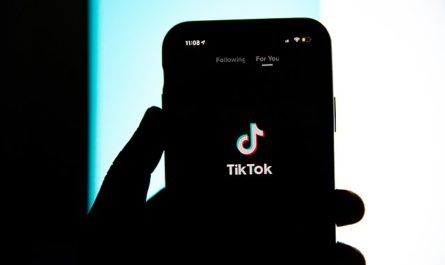This week Yelp is going public, and it is almost a sure thing that investors will witness what seems to have become almost tradition, a first day steep rise in share price.
Looking Good
The question analysts and investors are asking, however, is what about the day after tomorrow? Today Yelp, Inc. looks pretty good as an investment. This easy to use online review site has 66 million unique monthly visitors, 25 million business reviews, a popular mobile app, international reach and is a well-recognized brand. Increased online advertising has produced good revenue growth. These characteristics point to a rise in the stock’s price when it begins trading on March 2 on the New York Stock Exchange, using the symbol YELP.
Experience has shown that an early rise in a stock price is not always sustainable, especially in the instances when the company is not profitable. Take as an example the cases of social media companies like Groupon Inc. and Angie’s List.
Sustainability?
On its first day of trading last November Groupon rose by almost 31 percent. Today Groupon can be purchased below its IPO price. Angie’s List, a business review site which is closed to only subscribers also went public in November. It is trading higher than its IPO price, but less than its first day’s gain of 25 percent.
"Yelp will probably do well early on, but then I see it drifting back down," said Scott Sweet, managing director of research site IPOBoutique.com.
In its favor is Yelp’s recent revenue growth. In just 2011 Yelp’s revenues went up 74 percent compared to 2010, to $83 million as many more businesses bought ad plans. This is great news, but it just begs the question of whether these types of businesses, like Groupon, too, can be profitable since their cost for sales and marketing is so high. Yelp has succeeded in bringing down those costs somewhat, but on the whole; Yelp is still not making a profit.
Competition?
Another fear is that Yelp can be nudged out of the market by larger competitors, for example Google, Inc. The giant search engine company features its own consumer reviews. In 2011 Google was responsible for about half of Yelp’s traffic, but things have changed. Recently Google has removed links to Yelp from parts of its search engine, and promotes its own similar products in their search results, according to Yelp’s prospectus.
Francis Gaskins, president of the research website IPOdesktop.com warns that this news should be a red flag for investors, as well as the fact that the company’s rate of revenue growth has been decelerating on a quarterly basis.
Nevertheless Gaskins predicts that investors should show an enthusiastic response to Yelp’s IPO this week, especially in light of the good performance last week of the IPOs of Proto Labs Inc. and Bazaarvoice Inc.



